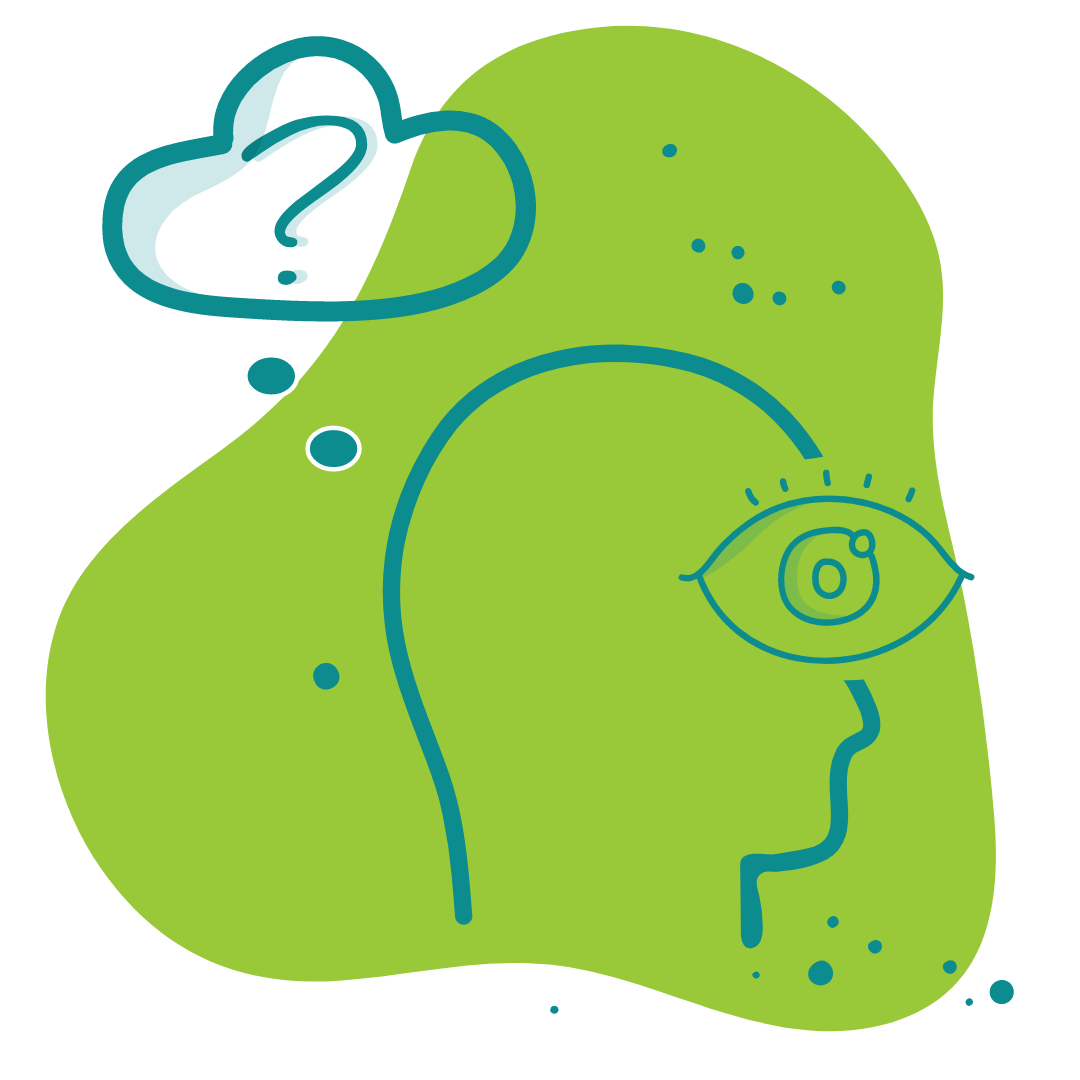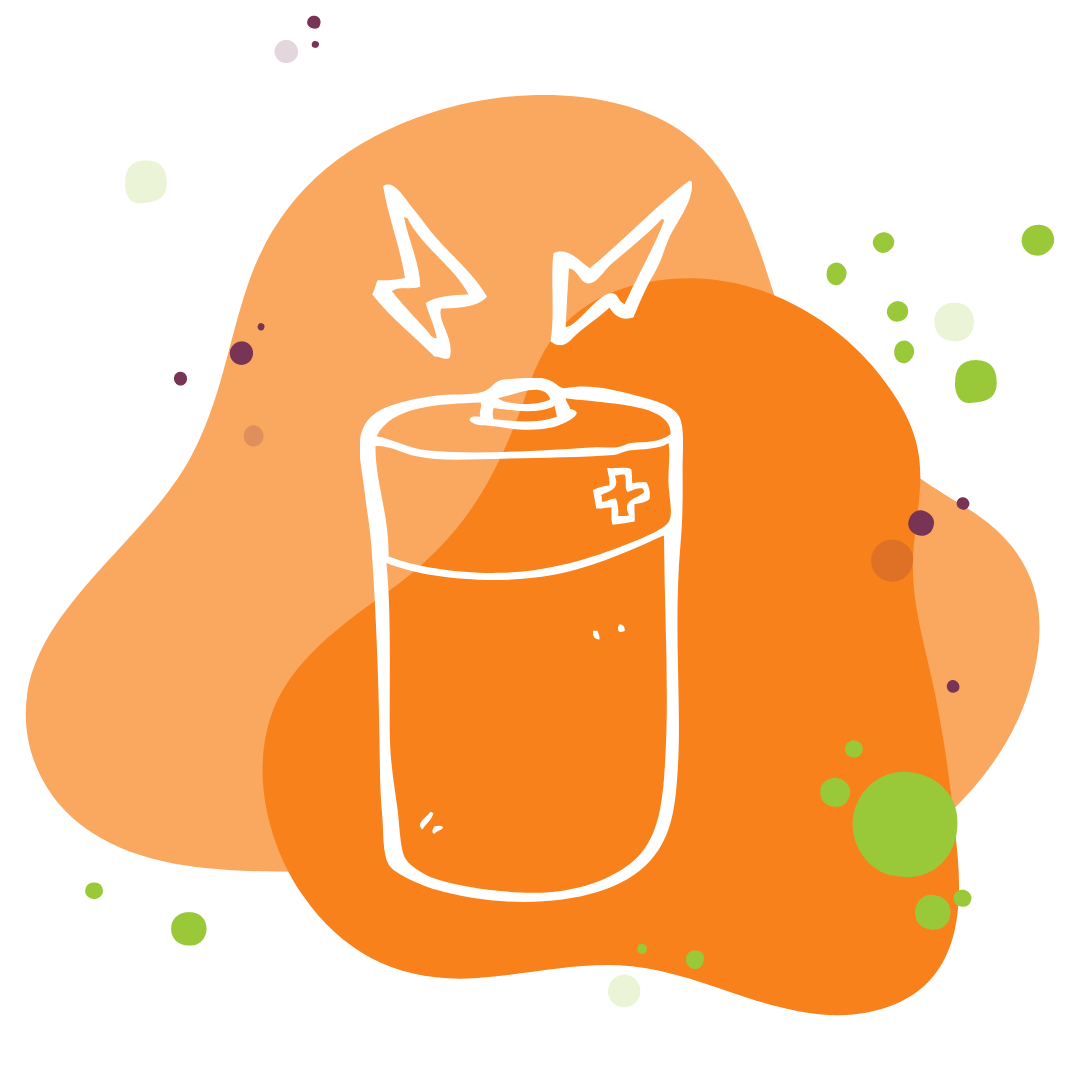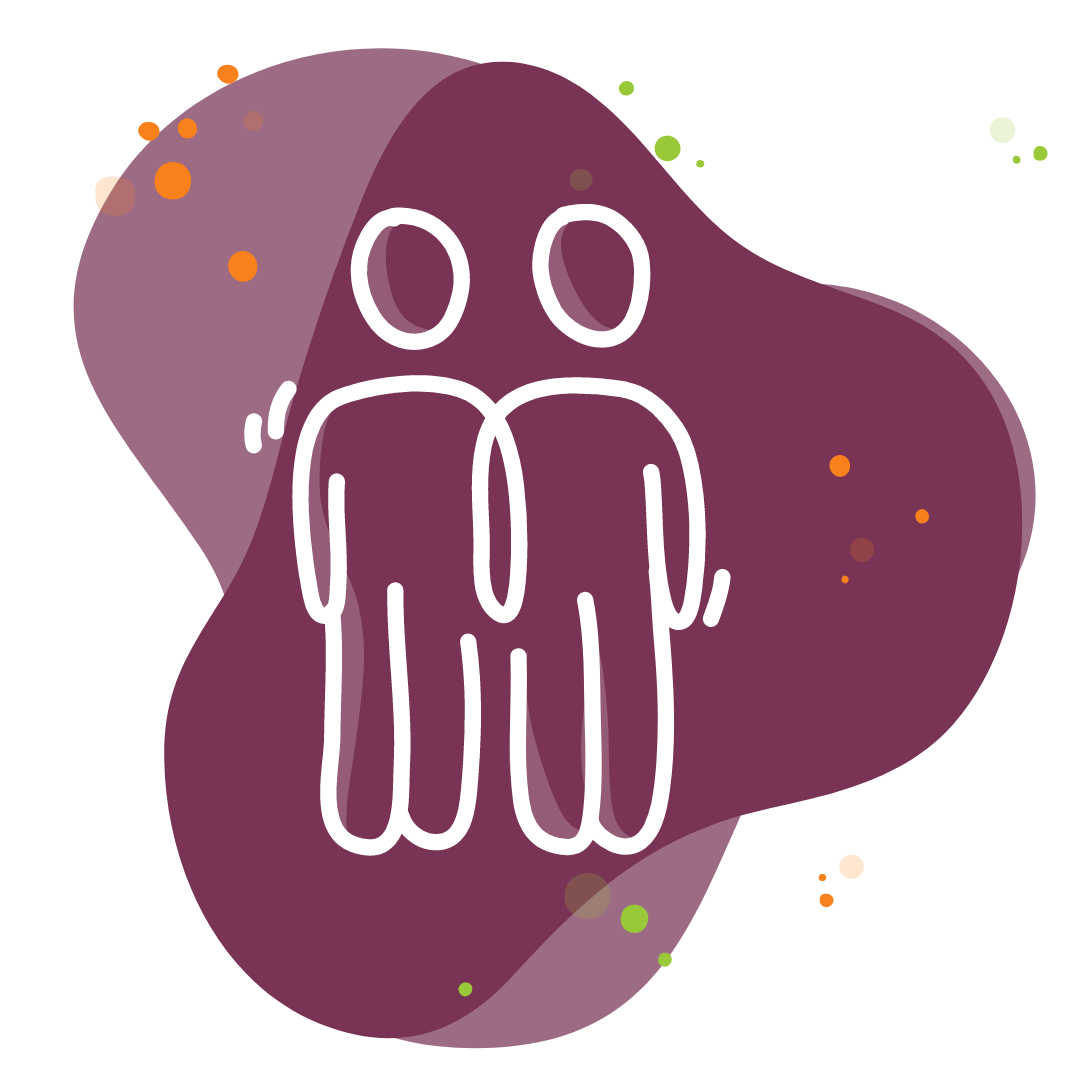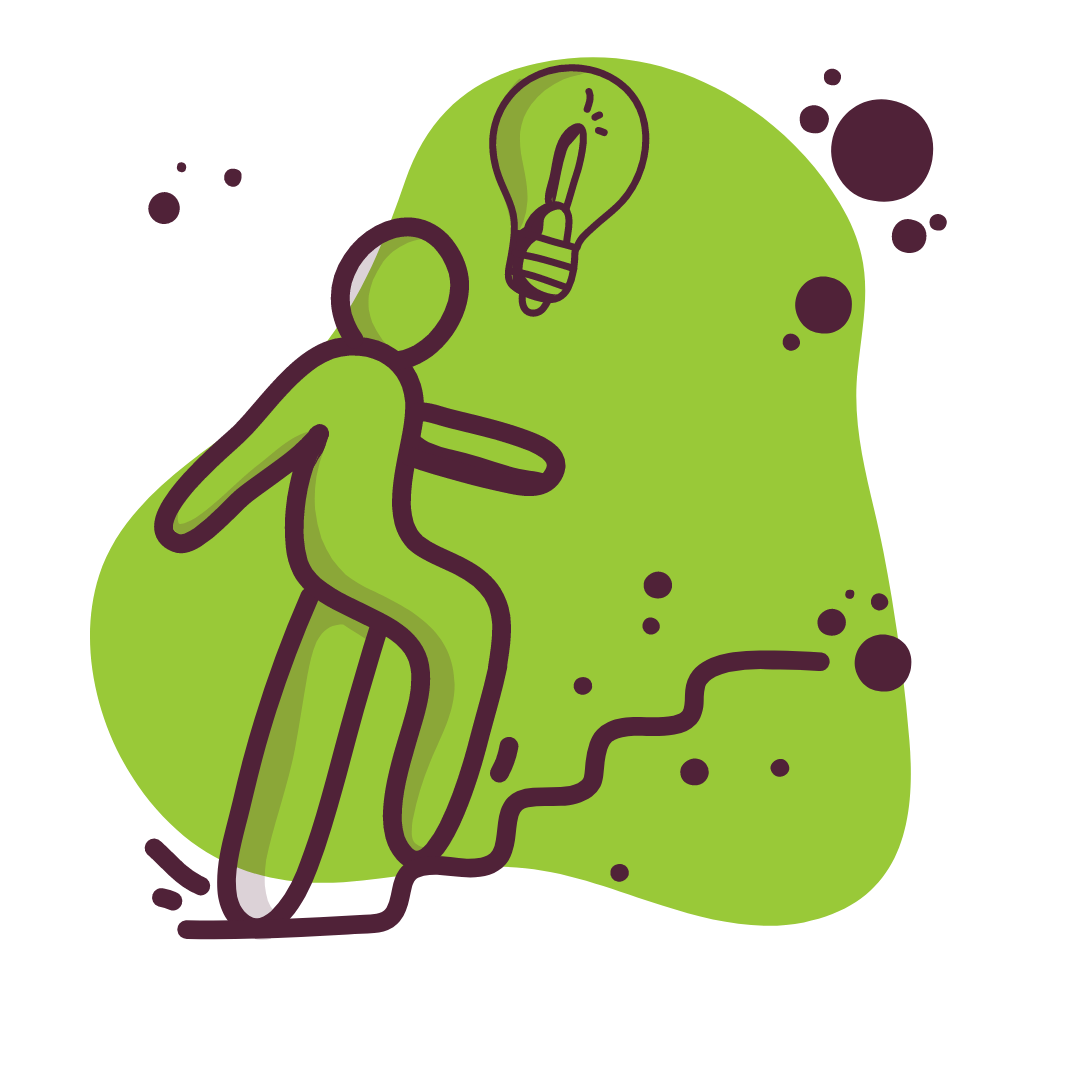
Self-care means taking care of your basic needs every single day.
When we start to feel down, stressed or burnt out, we often stop taking care of ourselves (not necessarily on purpose).
For instance you might start staying up really late watching YouTube, skipping meals or eating things you normally wouldn’t, avoiding exercise or withdrawing from friends.
When you’re unemployed, self-care becomes even more important because looking after yourself can have a big effect on your physical and mental health.
Sleep | Get 8-10 hours a night
Sleep plays an important role in health. It’s the only time our brains can rest and recharge.
When we sleep, we transfer our experiences from working memory into short and long-term memory. So sleep is very important for learning new things!
The brain waves that occur in the deeper stages of sleep are also important for helping your body to physically heal.
Sleep is also essential for cleaning out toxins that build up in the brain while we’re awake. And, of course, sleep has been shown to reduce stress.
On the flipside, staying up really late has been shown to increase anxiety and risk. The parts of brain related to stress and danger are more alert at night, while the parts of our brain that helps us solve problems are not.


Nutrients form the fuel for our brain and body and the only way humans can get nutrients is from food.
Eating regular meals, and trying to make the best healthy choices you can is important. Our digestive system doesn’t just deal with food – it plays a big role in our overall health and mental health.
Here are some examples:
- You have a ‘second brain’ (your enteric nervous system) in your stomach that communicates directly with the brain in your head (central nervous system). This is why you can feel emotions in your stomach (e.g. butterflies when you’re nervous)
- 90% of serotonin is made in your gut. Serotonin is an important brain chemical for your mood and plays a role in depression
- What you eat, when you eat and how much can directly affect your hormones – and your hormones can have a big effect on your mood and mental health
- Most of your immune system starts off in your digestive system. Some theories on why people get depression involve inflammation in your body (an immune response)
Exercise | 60 minutes of vigorous exercise a day
Exercise has a lot of benefits for our body and brain.
There are benefits from moving our body, as well as from incidental factors, like socialising with others, being outside in nature, or getting more sunlight/vitamin D.
Exercise releases ‘feel good’ brain chemicals which can lift your mood. In fact, exercise is very effective as a treatment for anxiety and depression.

Socialising
Humans are social creatures. We evolved surviving in groups and communities. As a result, socialising is good for us. It does stuff like:
- Builds self-esteem and self-worth
- Decreases depression and improves mental health
- Gives us meaning and purpose
- Helps us learn by observing and copying others
- Let’s us de-stress by engaging in fun and play
Spending time with people you care about plays an important role in your brain chemicals:
- Oxytocin gives us feelings of love and bonding
- Dopamine helps us feel good
- Mirror neurons help us empathise and connect

Mental stimulation
Our brain is designed to be stimulated. Of course, it’s about finding balance – because it’s possible to be overstimulated (stressed) or under stimulated (bored or feeling down).
Dealing with overstimulation
Try different types of rest when you are overstimulated in the following ways:
Physical - relaxation, sleep
Mental - daydreaming, escapism
Sensory - turn off technology, mindfulness
Creative - doing 'nothing', being bored
Emotional - exercise, things you enjoy
Social - 'me' time, cancelling plans
Spiritual - praying, meditating
Dealing with under stimulation
Being bored isn’t necessarily a bad thing. In many cases, boredom resolves itself. And a lot of people have ‘creative breakthroughs’ when bored.
But, if every day is starting to feel the same and life in general feels a bit ‘meh’, like there isn’t enough variety or things to look forward to, these ideas can help:
- Have a routine. It can be tempting to stay up late, oversleep, wear nothing but your favourite trackies and skip showering when you have nowhere to be. Doing that kind of thing here and there is great – but doing it day after day can become a problem. Looking after yourself can help you feel more ‘human’ – and when you get a job, it makes transitioning to work a lot easier.
- Learn something new. Our brain loves to learn. Learning can be hard and frustrating, but it can also be very rewarding. And there’s lots of ways to learn for free. Do a YouTube course on financial management, download a free app to learn a language or take up a new hobby!
- Do something creative/imaginative. Our brain can get into a sense of ‘flow’ when we do something creative, like dancing, painting or writing a novel. These changes in our brainwaves are very good for your mental health and wellbeing.
Want more tips? Check out these related articles!


